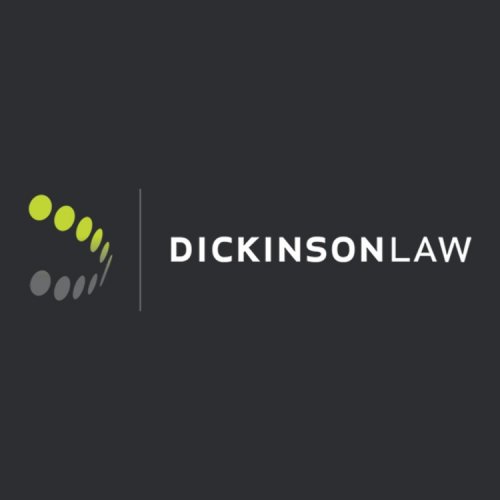Best Licensing Lawyers in Des Moines
Share your needs with us, get contacted by law firms.
Free. Takes 2 min.
List of the best lawyers in Des Moines, United States
United States Licensing Legal Questions answered by Lawyers
Browse our 1 legal question about Licensing in United States and read the lawyer answers, or ask your own questions for free.
- How do I legally protect my idea before selling or licensing it to a company?
- I have a makeup product idea that I want to sell or license, not the product itself. It is influenced by a product that was recently launched. Therefore, I want to sell/license to the company that launched said product. After some research, I contacted a patent attorney who explained that... Read more →
-
Lawyer answer by P.O OHIKHENA & Co
Good day,A patent will not be applicable since it's still an idea. You can go into an MOU(Memorandum of understanding) with the said company and also an NDA.You can contact me for my insight. Visit our profile and send us...
Read full answer
About Licensing Law in Des Moines, United States
Licensing Law in Des Moines, United States, covers a wide array of categories ranging from business licensing, professional licensing to copyright and patents licensing. Business licensing involves regulations related to the operation of businesses, including permits, tax registration, and health permits. Professional licensing refers to requirements for individuals in regulated professions to legally practice. Copyright and patent licensing pertains to the use of intellectual property.
Why You May Need a Lawyer
There are various situations that may require legal help in the field of licensing. For instance, when starting a business, you may need a lawyer to comprehensively understand all the licensing requirements to avoid penalties. If you are a professional in a regulated industry, it may be crucial to have legal advice on obtaining and maintaining your professional license. Lastly, if you are an inventor or artist, a lawyer can help protect your creations and manage intellectual property rights.
Local Laws Overview
Local laws in Des Moines require businesses to have the necessary permits and licenses to legally operate in the area. These include business licenses, zoning permits, and health permits for businesses involved with food. For professionals in regulated industries, Des Moines has stringent licensure regulations to ensure quality services. Intellectual property laws in Des Moines protect copyright and patent holders, and penalties for violation can be severe.
Frequently Asked Questions
1. What type of license do I need to start my business?
The type of license required depends on your business. Consult with a licensing lawyer to fully understand what you need to operate legally.
2. How can I get my professional license?
Obtaining a professional license often entails passing an exam and meeting other criteria. A lawyer can guide you through the process.
3. Can I use someone's copyrighted work without permission?
Generally, using someone else's copyrighted work without permission is illegal. However, there are exceptions like fair use. Consult a lawyer to avoid copyright infringement.
4. How can I protect my invention?
You can protect your invention by obtaining a patent. A licensing lawyer can assist you in the process.
5. What are the penalties for operating without a license?
Penalties can range from fines to imprisonment or both, depending on the gravity of the infringement. It’s crucial to consult with a lawyer to understand possible penalties.
Additional Resources
The Des Moines City Council and The Iowa Department of Inspections & Appeals are vital resources for information on business and professional licenses. The United States Patent and Trademark Office and United States Copyright Office can provide insights on patents and copyrights respectively.
Next Steps
If you need legal assistance in Licensing, it is recommended to find a lawyer who specializes in this field. A lawyer can ensure you have all the necessary licenses, guide you through various licensing processes, and protect your interests against possible violations.
Lawzana helps you find the best lawyers and law firms in Des Moines through a curated and pre-screened list of qualified legal professionals. Our platform offers rankings and detailed profiles of attorneys and law firms, allowing you to compare based on practice areas, including Licensing, experience, and client feedback.
Each profile includes a description of the firm's areas of practice, client reviews, team members and partners, year of establishment, spoken languages, office locations, contact information, social media presence, and any published articles or resources. Most firms on our platform speak English and are experienced in both local and international legal matters.
Get a quote from top-rated law firms in Des Moines, United States — quickly, securely, and without unnecessary hassle.
Disclaimer:
The information provided on this page is for general informational purposes only and does not constitute legal advice. While we strive to ensure the accuracy and relevance of the content, legal information may change over time, and interpretations of the law can vary. You should always consult with a qualified legal professional for advice specific to your situation.
We disclaim all liability for actions taken or not taken based on the content of this page. If you believe any information is incorrect or outdated, please contact us, and we will review and update it where appropriate.









